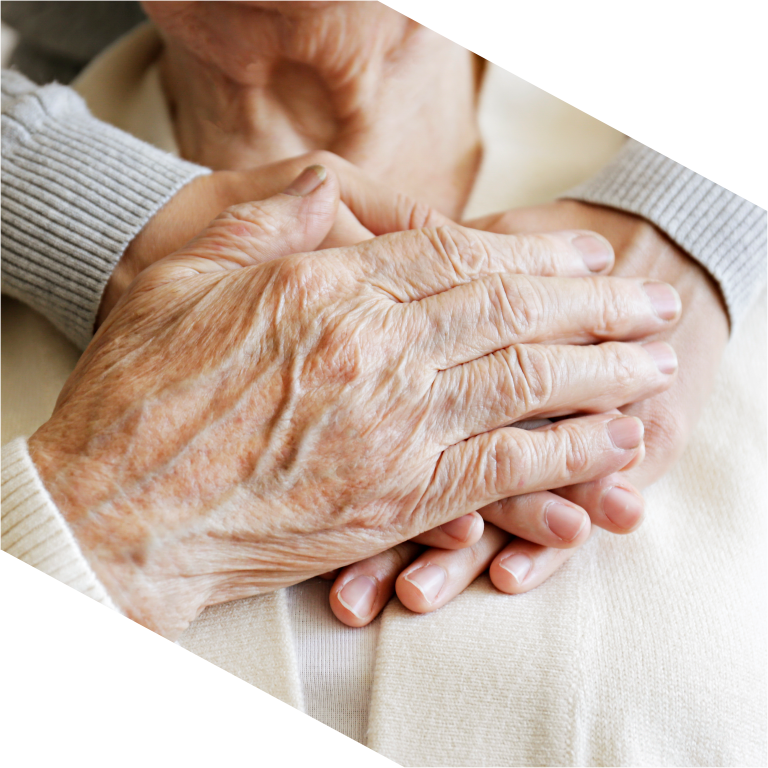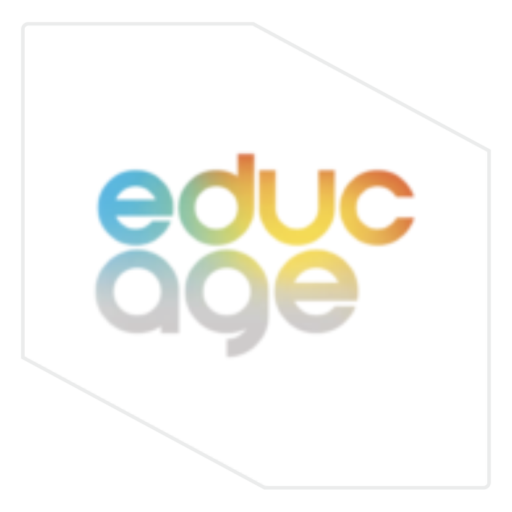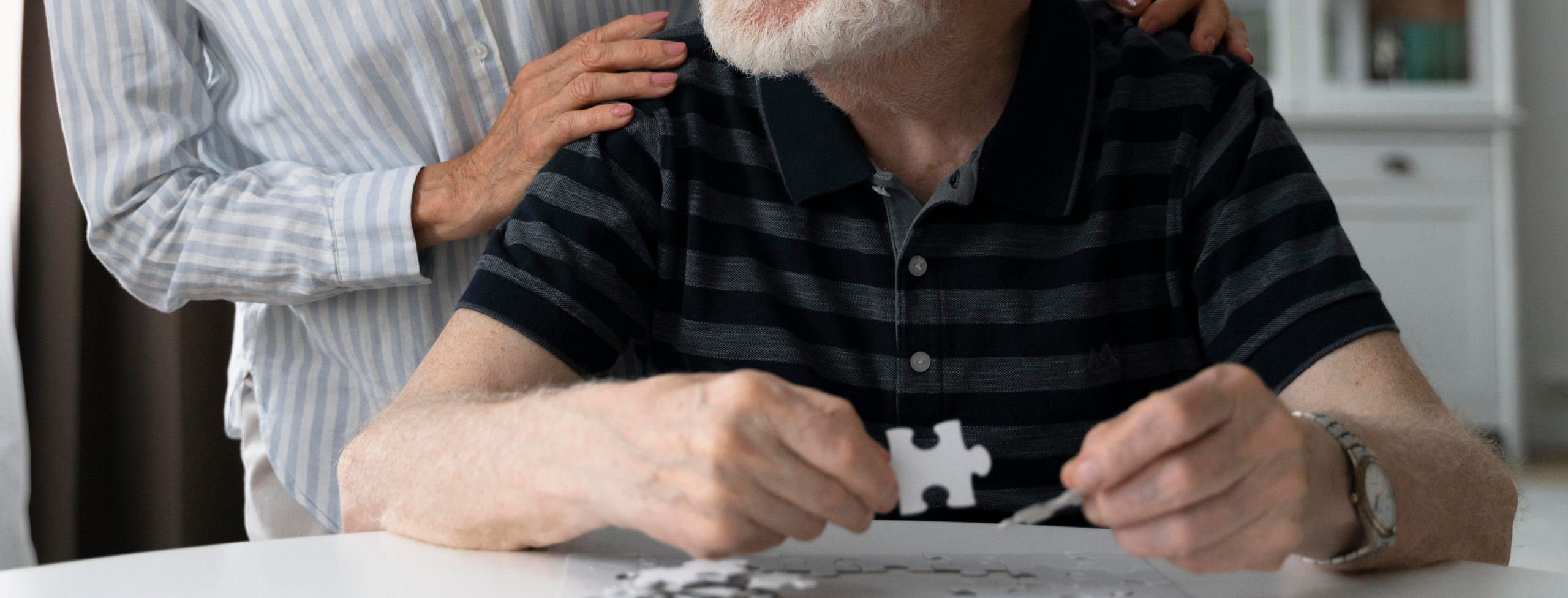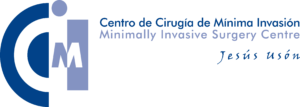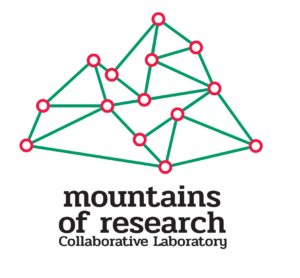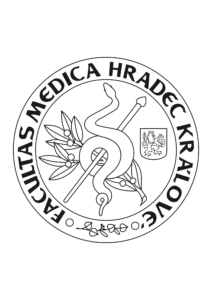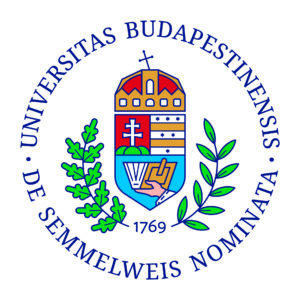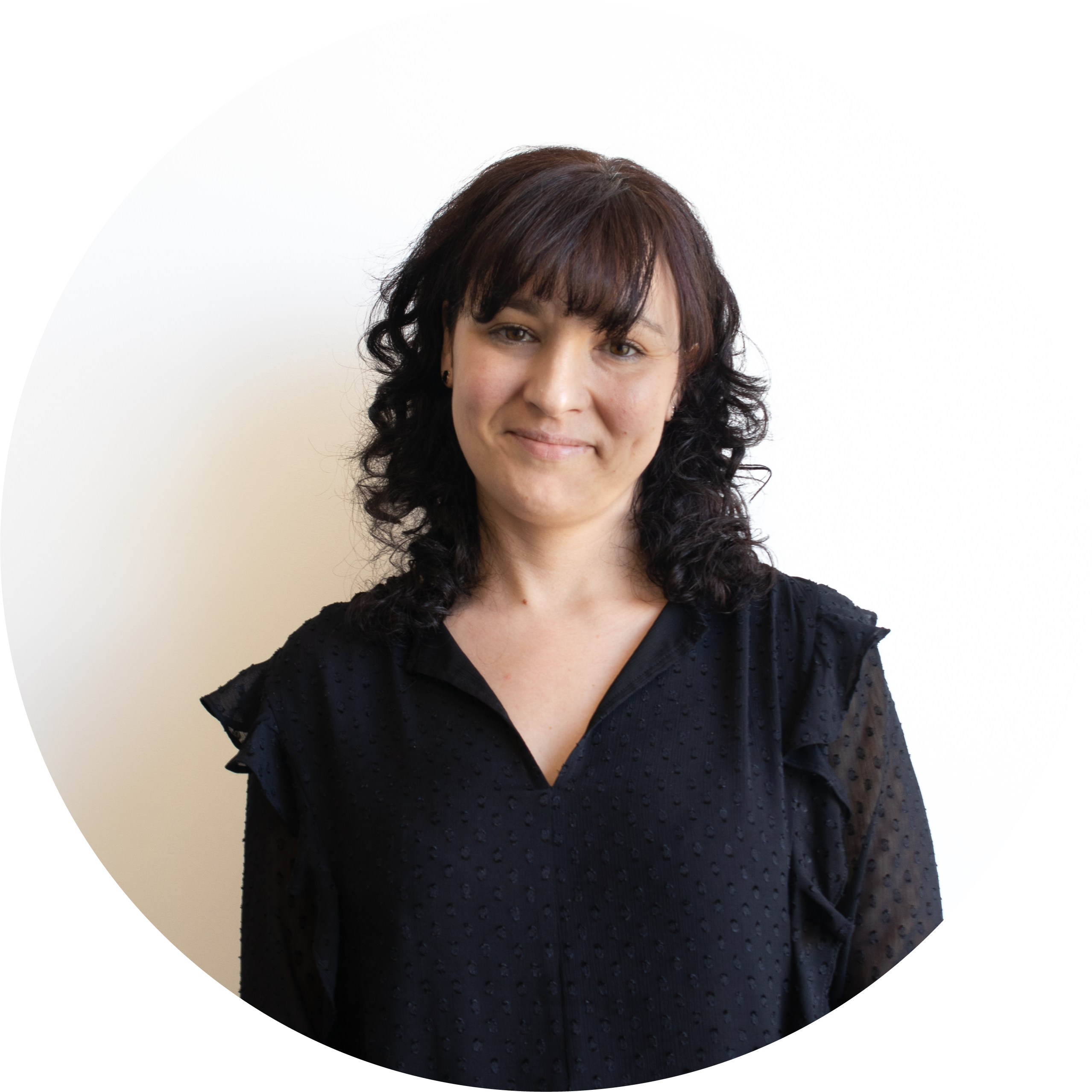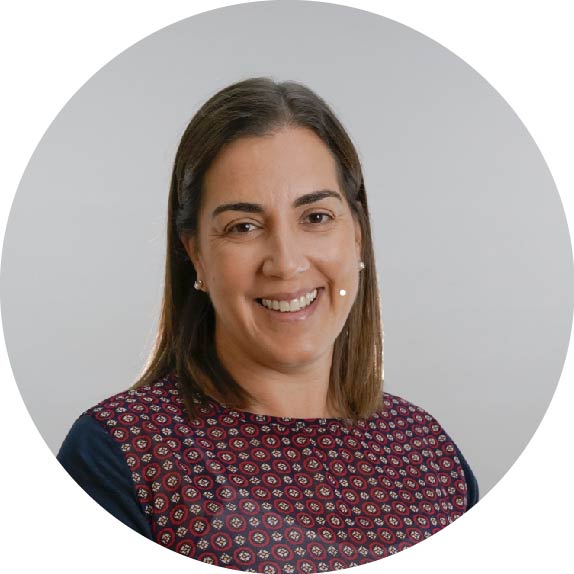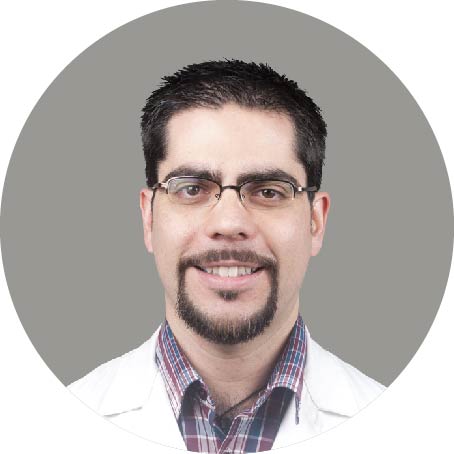The context
The European Union expects an increase of older people to around 149.2 million in 2050, representing 28.5 % of the total population. This remarkable goal of increasing life expectancy must be accompanied by European policies and initiatives to assure the life quality of these citizens.
Recently, the WHO has described the plan for a Decade of Healthy Ageing 2020-2030 where caregivers, including young people and family members, play an important role as educators to foster healthy ageing for current and future generations and promote intergenerational solidarity. For this reason, an innovative approach based on digital transformation is needed to empower formal and informal caregivers to support older people to understand and put into practice Healthy Ageing directives.
Although several European and national strategies have been made available, most caregivers’ training programs still lack the digital readiness and capacity to integrate relevant digital content on healthy ageing and tools in their daily activities.
